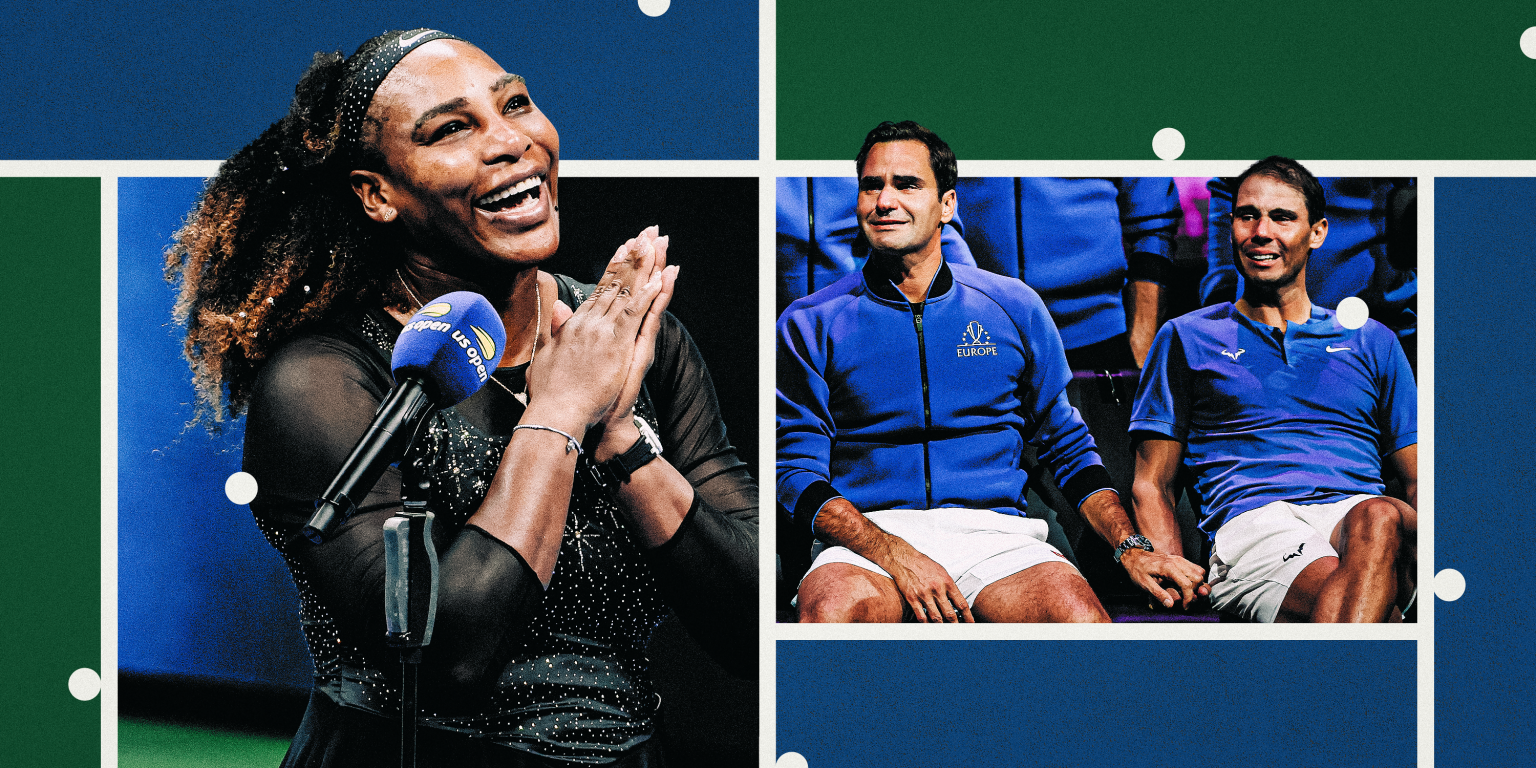Retirement in the world of tennis has become a hot topic, with top players like Rafael Nadal, Andy Murray, and Roger Federer facing decisions on when and how to step away from the sport. There is no set script for retirement, and each player must make deeply personal decisions based on their own circumstances. Some players, like Garbine Muguruza and Dominic Thiem, have chosen to make formal announcements about their retirement plans, while others like Nadal and Murray are taking a more fluid approach, indicating that the end is near without setting a specific date. The difficulty of knowing when to retire is highlighted by Serena Williams, who preferred to phrase her departure from tennis as “evolving away” from the sport.
Players like Thiem have made clear and decisive decisions to retire due to injuries or a decline in performance. Thiem, who was battling a wrist injury, felt that he could no longer compete at the level he desired, leading to his retirement announcement. However, the process of retiring can be challenging for players who still love the game, like Nadal and Murray, who find it hard to let go despite knowing that their time on the tour is coming to an end. The media’s constant speculation about retirement can add pressure to players already facing a difficult decision about when to step away from the sport.
For some players, the decision to retire becomes liberating once it is made public. Alize Cornet found that announcing her retirement helped her play some of her best tennis in the final months of her career. Danielle Collins, who is dealing with health issues like endometriosis and arthritis, is clear about her reasons for retiring and views tennis as a job rather than an identity. The psychological challenges of retiring after dedicating one’s life to the sport can be daunting, as players face the uncertainty of finding fulfillment in other areas of life.
Players often struggle with finding the perfect ending to their careers, whether it be achieving a certain goal or playing in a particular venue. The elusive quest for the ideal conclusion can sometimes lead players to prolong their careers in search of that final moment. However, the reality is that retiring from professional tennis means letting go of something that has defined a player’s life for years. While some players like Vera Zvonareva take a more laid-back approach to retirement, others like Victoria Azarenka want a simple exit without fanfare. The difficulty of transitioning away from the sport is a common theme among retiring players, who must navigate the emotional and practical challenges of moving on.
Ultimately, retirement in tennis is a complex and deeply personal process that varies from player to player. The decision to retire can be influenced by factors such as injuries, declining performance, or simply a desire to explore new challenges. Each player must make the best decision for themselves in the moment, taking into account their physical well-being, emotional readiness, and personal goals. As players like Nadal, Murray, and Federer prepare to step away from the sport, they face the difficult task of saying goodbye to the game that has shaped their lives for so long. The transition to retirement can be both a time of reflection on past achievements and a period of uncertainty as players navigate the next chapter of their lives.


